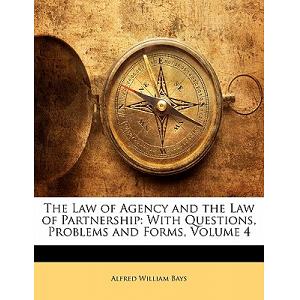Answer: Control of the firm. Control of the firm ultimately rest with stockholders. They elect the board of directors, who, in turn, hire and fire management. An important mechanism by which unhappy stockholders can replace existing management is called a proxy fight. A proxy fight develops when a group solicits proxies in order to replace the existing board and thereby replace existing management. Example in 2002. The proposed merger between HP and Compaq triggered one of the most widely followed, bitterly contested, and expensive proxy fights in history over $100 million. The available theory and evidence are consistent with the view that stockholders control the firm and that stockholder wealth maximization is the relevant goal of the corporation.
What are the mechanisms to control for agency problems?
Answer: Regulation , example – disclosure all relevant information by corporation to investor and potential investor will put all investors on a level information playing field and thereby to reduce conflicts of interest.
Agency problems. Who owns a corporation? Describe the process whereby the owner control the firm’s management. What is the main reason that an agency relationship exists in the corporate form of organization? In this context, what kinds of problems can arise?
Answer: the corporation comprises three sets of distinct interest: the shareholders (the owners), the directors and the corporation officer (the top management). The shareholders elect a board of directors, who in turn select top management. Members of top management serve as corporate officers and manage the operations of the corporation in the best interest of the shareholders.
The relationship between stockholders and management is called an agency relationships. Such a relationships exists whenever someone (principal) hires another (the agents) to represent his or her interest. The conflict of interest between the principal and the agents is called agency problem.
Goal of the firm. Evaluate the following statement: managers should not focus on the current stock value because doing so will lead to an overemphasis on short term profits at the expense of long – term profits.
Possible goals of firm:
Survive
Avoid financial distress and bankruptcy
Beat the competition
Maximize sales or market share
Minimize costs
Maximize profits
Maintain steady earnings growth.
The goal of maximizing profits may refer to some sort “long run” or “average” profits. The two classes of goals, first is relate to profitability: involving sales, market share, and cost of control. Second goal: involving bankruptcy avoidance, stability and safety.
Agency problem. Suppose you own stock in a company. The current price per share is $25. Another company has just announced that it wants to buy your company and will pay $35 per share to acquire all the outstanding stock. Your company’s management immediately begin fighting of this hostile bid. Is management acting in the shareholder’s best interest? Why or why not?
Answer: yes, because avoiding a takeover by another firm gives management another incentive to act in the stockholder’s interest.
My attempt answering some questions number 1, 3, 6, 7 page 18 -19 of corporate finance book, Stephen A Ross, Randolph W.Westerfield and Jeffrey Jaffe. Ninth edition.

No comments:
Post a Comment